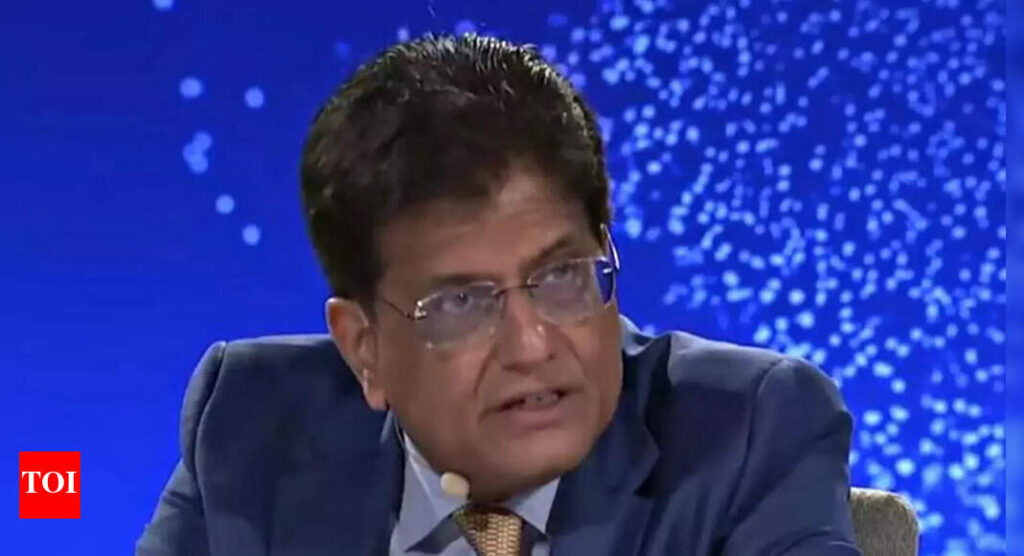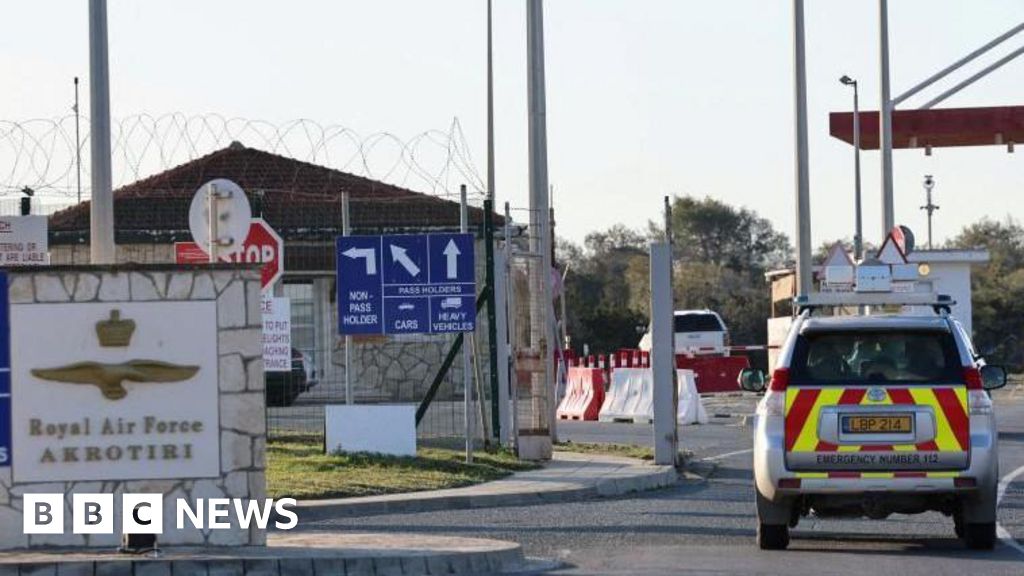
Commerce Minister Piyush Goyal has taken a firm stance against what he perceives as Western double standards regarding sanctions on Russian oil. Speaking at the Berlin Global Dialogue, Goyal questioned Germany and the United Kingdom for reportedly seeking exemptions from U.S. sanctions, while emphasizing India’s commitment to an independent trade policy.
Goyal’s remarks come amid ongoing global tensions over energy trade with Russia. He asserted that India will not succumb to external pressures when forming trade agreements, stating, “The decision to buy a particular product from a country is something that the entire world will have to take a call on.”
India’s Independent Trade Policy
During his speech, Goyal underscored India’s resolve to pursue trade deals that align with its national interests. He criticized attempts to “hyphenate too many issues” in trade negotiations, particularly with the European Union. Goyal’s comments reflect India’s broader strategy of maintaining sovereignty over its economic decisions, despite international pressure.
He highlighted Germany’s and the UK’s moves to seek exemptions from U.S. sanctions on Russian oil, questioning why India faces heightened scrutiny under similar circumstances. “I was reading in today’s paper, Germany is asking for an exemption from US sanctions on oil…The UK already has sorted or probably got an exemption for procuring oil from the US…,” he noted.
Historical Context and Current Developments
The backdrop to Goyal’s comments includes a complex history of international sanctions and trade negotiations. The U.S., under President Donald Trump, imposed significant tariffs on Indian exports, including a 50% tariff on some goods and a 25% additional levy on Russian crude oil purchases. These measures have prompted India to explore alternative markets and reinforce its trade policies.
Furthermore, the European Union has announced a prohibition on importing fuels manufactured from Russian crude oil, effective January 2026. This move is part of broader sanctions aimed at curbing Russia’s economic capabilities amid ongoing geopolitical tensions.
Implications for India and Global Trade
Goyal’s statements highlight the challenges India faces in navigating the complex landscape of international trade and sanctions. His emphasis on not rushing into trade deals “with a gun to our head” suggests a strategic approach to negotiations with both the EU and the U.S.
As India continues discussions with these major economic blocs, the country’s stance on independent trade policies may influence future agreements. Goyal’s remarks serve as a reminder of the delicate balance nations must maintain between upholding national interests and engaging in global trade partnerships.
Looking ahead, India’s approach to trade negotiations will likely focus on securing favorable terms without compromising its autonomy. As global economic dynamics evolve, India’s position could play a pivotal role in shaping new trade alliances and economic policies.







